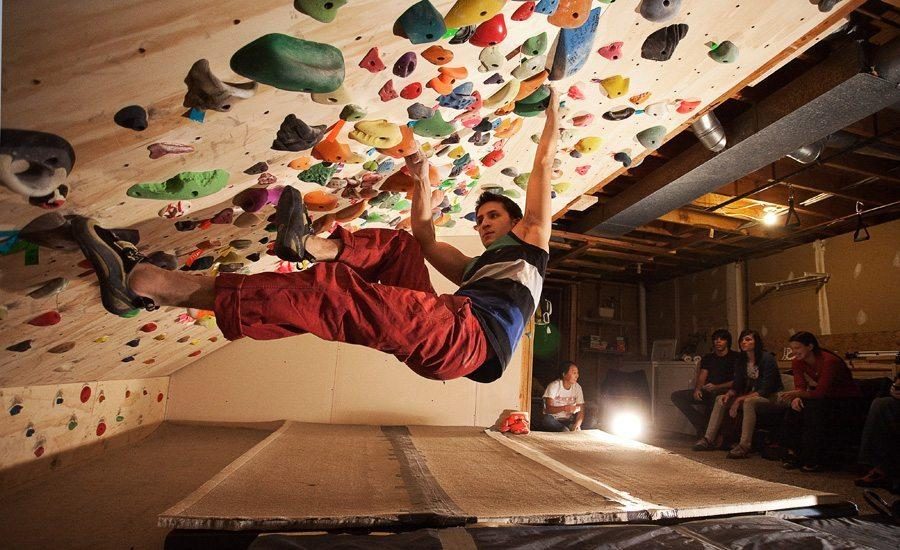One of the reasons for the Olympics’ widespread popularity is the vast degree and variety of sports it encompasses, allowing even the most obscure sports center stage every four years.
Now, five new sports have made the cut. The International Olympic Committee (IOC) decided to add climbing, surfing, skateboarding, baseball/softball and karate to the 2020 Tokyo Olympics in order to appeal to a younger demographic. Under a new IOC rule that allows host cities to suggest sports for inclusion in their version of the games, Tokyo managed to assure both surfing and sport climbing a spot in the next summer Olympics.
The climbing competition will take place in a radically different way from the way most major competitions are currently held, such as the IFSC Climbing World Championships. Rather than a separate medal for each discipline present, Tokyo will award all-around medals to the best in bouldering, lead climbing and speed climbing.
The committee is still working out details on scoring the climbing events, but individual disciplines will most likely be scored similarly to the world championships. In the bouldering section, climbers must complete as many routes as possible in a fixed amount of time. Lead climbing will be based on how high a climber can go in a fixed amount of time while speed climbing would judge how fast a roped-in climber can ascend a route. The 20 men and 20 women climbers that make it to the Olympics will compete separately.
Instead of professional climbers training for a single discipline, aspiring Olympic medalists must now be excel in two other disciplines as well. This does not sit well with many current professionals, such as Chris Sharma, one of the world’s best rock climbers. He even went so far as to call the Olympic format “a great tragedy for [the] sport.”
Surfing, on the other hand, will not see as radical a change. 20 men and 20 women will each compete for their respective medals, and only high-performance shortboarding will be allowed. Qualification for the Olympics has not yet been decided, but the IOC aims to include as wide a geographic range as possible, not simply pull the 40 best surfers from the World Surf League. The only real surprise in surfing’s addition is the decision to host it in the ocean and not a wave pool. Although the president of the International Surfing Association, Fernando Aguerre, hails wave pools as a way to “provide opportunities for the integration of diverse socioeconomic, ethnic, religious, and age groups long after the Games have moved on,” the IOC is avoiding forcing host cities to build large, expensive structures that won’t be used after the games. But, since the ocean is unpredictable, the competition will be given a large degree of flexibility, such as schedule changes based on wave conditions.
With billions of people watching the Olympics every time it rolls around, even a few days of prime-time TV coverage means more viewers and money for both these relatively niche sports. The Olympics could be the start of a mainstream movement in climbing and surfing, and some are foreseeing only benefits.
Bouldering World Cup champion Shauna Coxsey said in an article in The Guardian, “[Olympic inclusion] will make climbing more popular and hopefully open it up to people who normally wouldn’t give it a go.” Increased popularity means a boost in competitions, and climbing gyms and surf spots will likely become much more commonly used. For the legacy of both sports, Olympic inclusion is a great thing.
However, once these sports become mainstream, the culture that surrounds them will inevitably change. Today, the professional climber or surfer still lives with a large degree of adventure in their lives. They are not wealthy people with lives dictated by what team they play next week or what time they have practice. Alex Honnold, a member of The North’s Face’s climbing team, for example, lives in a van traveling the world to put up first ascents wherever he deems challenging. This type of adventurer/pioneer/athlete could become extinct in an era of mainstream climbing/surfing competitions, where the focus would be more on medals than on the evolution and beauty of the actual sport.
Regardless of this, climbing and surfing will see major changes in the future, whether good or bad. But one thing that can be counted on is seeing some crazy dangling and gnarly shredding in just four years’ time.


